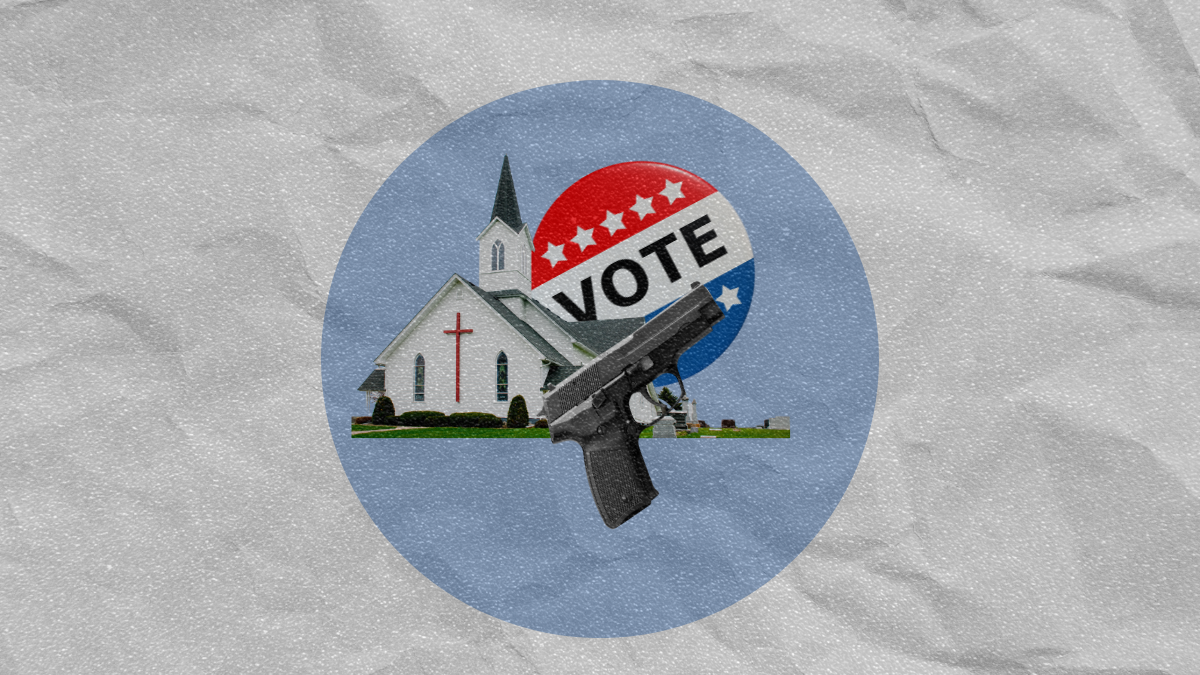Source: News & Observer
Multiple new laws and sections of laws took effect in North Carolina on Dec. 1 and they will impact how we live our lives, including what we are allowed to talk about at work, how we make our voices heard at protests, who gets to vote in our elections and when, and where people will be allowed to carry firearms.
Here is a look at a few of the new laws:
Senate Bill 49, also known as the “Parents’ Bill of Rights,” became law earlier this year after Republicans overrode Gov. Roy Cooper’s veto. One of the most controversial bills passed by Republicans this session, it controls how LGBTQ+ topics can be discussed in schools and also bans teachers from calling a student by a different name or pronoun without parental notification. A section addressing parental consent for the medical treatment of minors became law on Dec. 1. Health care practitioners are required to get documented parental consent or face a fine of up to $5,000 for treating a minor.
House Bill 40, titled “Prevent Rioting and Civil Disorder,” increases penalties for rioting, inciting a riot that causes serious injury and property damage, or if a death occurs while rioting.
The true point of the bill, though, is to stifle free speech. One of the ways it accomplishes that is by instituting mandatory jail time for protesters who get arrested. Anyone violating HB 40 will be required to spend at least 24 hours in jail without the possibility of bail.
Senate Bill 364, the “Nondiscrimination & Dignity in State Work” bill, regulates how state employees are allowed to talk about topics like race and gender while at work, including in hiring interviews. The law bans state government workplaces from “promoting” or using in training concepts such as:
▪ someone is inherently racist, sexist or oppressive because of their race or sex
▪ someone bears responsibility for past actions by those of the same race or sex
▪ “any individual, solely by virtue of his or her race or sex, should feel discomfort, guilt, anguish, or any other form of psychological distress.”
Senate Bill 41, called “Guarantee 2nd Amendment Freedom and Protections,” ended a requirement to get a handgun permit when the Republican-controlled legislature overrode Cooper’s veto. Another part of the bill, which just went into effect on Dec. 1, allows concealed carry permit holders to carry guns at places of worship that also have schools.
Senate Bill 58, which addresses attacks on utilities such as power grids, fully went into effect on Dec. 1. The new law increases the punishment for property crimes against utilities.
Click here to read more about all the new state laws.





